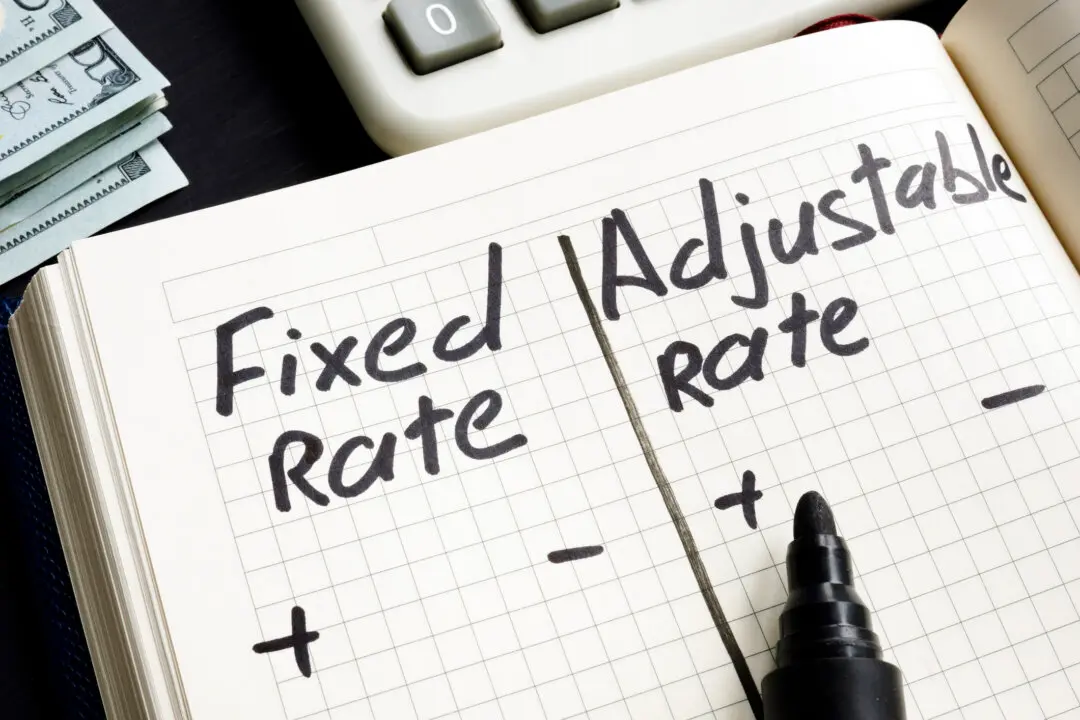By Nicole Dieker
From Bankrate.com
Groceries are more expensive than ever. In July 2022, the U.S. Bureau of Labor Statistics released data indicating that the cost of groceries had increased by 12.2 percent over the last twelve months. If you’re trying to inflation-proof your finances, you could be experiencing a lot of grocery-related financial stress right now.






